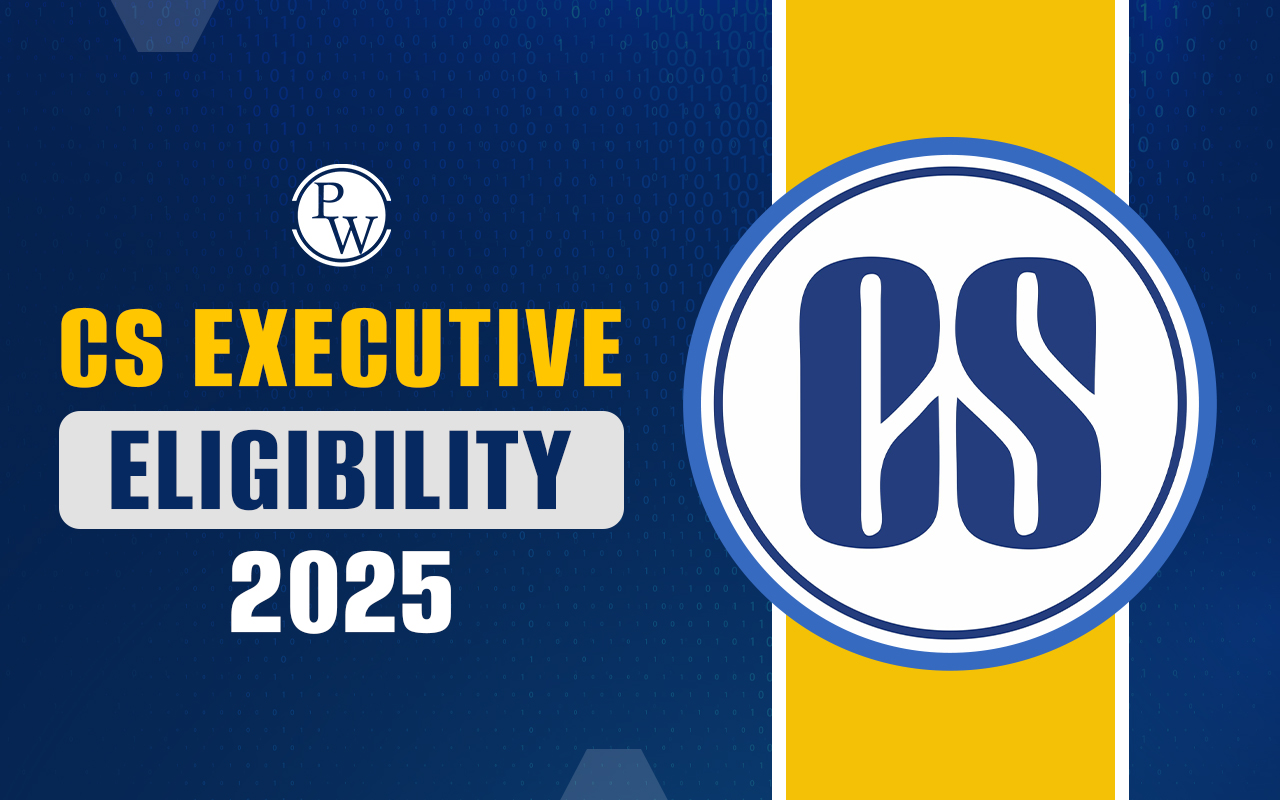
Whistleblower Protection in Corporate Governance: Corporate governance plays a crucial role in shaping the ethical framework of an organization. At its core, it emphasizes transparency, accountability, and responsible decision-making. Whistleblower Protection in Corporate Governance is one of the most impactful practices supporting these principles. By enabling individuals to report misconduct without fear of retaliation, companies can ensure integrity in their operations and strengthen stakeholder confidence.
Understanding Whistleblower Protection in Corporate Governance
Whistleblower protection refers to the legal and ethical frameworks that safeguard employees or stakeholders who report misconduct, fraud, or unethical behavior within an organization. In the context of whistleblower protection in corporate governance, this concept plays a central role in maintaining the integrity of business practices. It provides a safe channel for employees to voice concerns about malpractices, whether it involves financial discrepancies, regulatory violations, or harassment.
Also Check: SEBI Regulations and Their Impact on Capital Markets
Why Whistleblower Protection in Corporate Governance Matters
Effective Whistleblower Protection in Corporate Governance encourages employees to report wrongdoing, which helps companies detect and correct problems early. This leads to enhanced transparency and builds a positive corporate culture. Organizations that prioritize whistleblower protection often experience fewer legal disputes, reduced financial losses due to fraud, and improved internal controls.
Furthermore, regulatory bodies and stakeholders increasingly expect companies to have robust mechanisms for handling whistleblower complaints. In India, regulatory frameworks like the Companies Act, 2013, and SEBI guidelines mandate the establishment of vigil mechanisms, highlighting the growing emphasis on Whistleblower Protection in Corporate Governance.
Key Elements of Effective Whistleblower Protection in Corporate Governance
Below we've mentioned some key elements of effective whistleblower protection in corporate governance
Confidentiality Assurance: Employees must be assured that their identity will be protected when they report unethical practices. This forms the core of Whistleblower Protection in Corporate Governance and is essential to encourage more people to speak up.
Anti-Retaliation Policies: Clear policies should be in place to prevent retaliation against whistleblowers. Dismissals, demotions, harassment, or any form of discrimination must be prohibited under the company’s code of conduct.
Anonymous Reporting Channels: Secure and anonymous reporting tools such as hotlines, digital portals, or third-party platforms should be implemented. This enhances trust in the Whistleblower Protection in Corporate Governance mechanism.
Regular Awareness Campaigns: Educating employees about their rights and the procedures to report misconduct is vital. Awareness is a major driver in strengthening Whistleblower Protection in Corporate Governance.
Independent Investigation: A neutral and independent committee should handle complaints to ensure impartiality. This builds confidence in the system and upholds the spirit of Whistleblower Protection in Corporate Governance.
Legal Framework for Whistleblower Protection in India
India has recognized the importance of Whistleblower Protection in Corporate Governance through various legislations and regulatory frameworks. The Whistle Blowers Protection Act, 2014, provides a legal mechanism for reporting corruption and abuse of power by public servants. While it primarily applies to public sector undertakings, many private corporations voluntarily adopt whistleblower policies as part of their governance practices.
The Companies Act, 2013, under Section 177, mandates certain companies to establish a vigil mechanism. This mechanism must provide adequate safeguards against victimization of persons using the channel, ensuring effective Whistleblower Protection in Corporate Governance.
Furthermore, regulatory bodies like SEBI encourage listed companies to have an internal whistleblower mechanism, emphasizing ethical and transparent conduct in business practices.
Have you checked: The Role of Company Secretaries in IPO Compliance
Components of an Effective Whistleblower Protection Policy
For Whistleblower Protection in Corporate Governance to be effective, companies must develop well-structured and confidential reporting systems. Here are key elements of a strong policy:
Clear Definition of Whistleblower Rights: Employees must be informed about their rights and the kind of protections offered.
Anonymity and Confidentiality: Ensuring the confidentiality of the whistleblower’s identity is crucial for a trustworthy system.
Independent Reporting Channel: A third-party managed or independent ombudsperson can help receive and evaluate complaints impartially.
Prompt Investigation: All reported issues must be examined swiftly with proper documentation and action plans.
No Retaliation Clause: The policy should strictly prohibit any retaliation or discrimination against whistleblowers.
Awareness and Training: Employees should be trained and informed about the mechanism regularly to ensure its usage and effectiveness.
Challenges in Implementing Whistleblower Protection
While many companies acknowledge the significance of Whistleblower Protection in Corporate Governance, implementation often faces challenges:
Fear of Retaliation: Many employees still hesitate to report due to the fear of losing their job or damaging workplace relationships.
Lack of Awareness: Employees might not be aware of their rights or the existence of a reporting mechanism.
Inadequate Follow-Up: Failure to act on reported complaints diminishes trust in the system.
Cultural Resistance: In some corporate environments, speaking up may be seen as disloyal or disruptive.
Overcoming these hurdles requires persistent efforts by corporate leadership and a commitment to fostering an open culture of accountability.
Global Practices and Learnings
Internationally, countries like the United States, United Kingdom, and Australia have strong regulations supporting Whistleblower Protection in Corporate Governance. For instance, the Sarbanes-Oxley Act and Dodd-Frank Act in the U.S. offer substantial protection and even financial incentives to whistleblowers.
Indian corporations can take cues from these models to strengthen their internal systems. Benchmarking with global best practices helps in aligning governance strategies with global standards.
The Future of Whistleblower Protection in India
With increasing scrutiny of corporate activities by regulatory bodies, media, and the public, the future of Whistleblower Protection in Corporate Governance in India is set for growth. Companies are now expected to not just comply with laws but also voluntarily adopt robust ethical practices.
Technological tools like digital whistleblower portals, anonymous chatbots, and secure email systems are also gaining popularity. These tools aim to make the reporting process more accessible and safer for all employees.
Whistleblower Protection in Corporate Governance is no longer optional; it is a necessity for sustainable and responsible business practices. By creating a safe environment for reporting misconduct, organizations not only protect their reputation but also promote ethical behavior and compliance.
As regulatory scrutiny increases and stakeholders demand greater transparency, the relevance of Whistleblower Protection in Corporate Governance will continue to grow. Companies that embrace this change are likely to build resilient systems, trusted leadership, and long-term success rooted in ethical values.
Join PW CS Online Courses and build a strong foundation in corporate laws and governance with structured learning and dedicated support.
Whistleblower Protection in Corporate Governance FAQs
What is Whistleblower Protection in Corporate Governance?
Why is Whistleblower Protection important in corporate organizations?
What laws support Whistleblower Protection in India?










